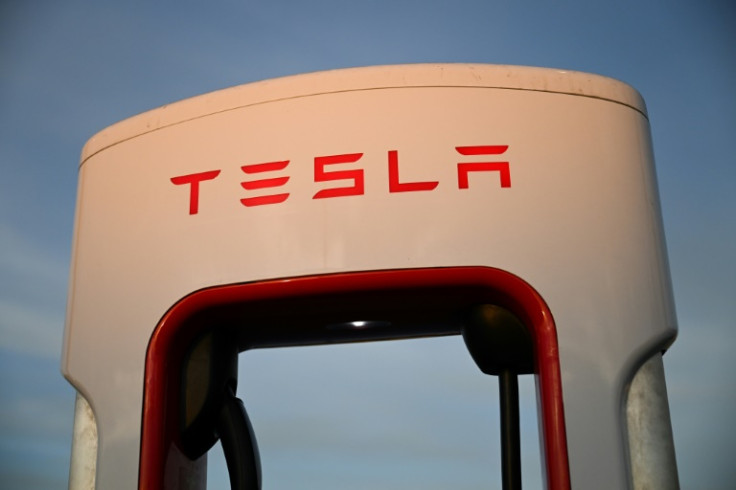Tesla recalls 3,470 Model Y vehicles due to loose bolts
Tesla has had to issue yet another recall for a peculiar reason.

A month after it "recalled" more than 360,000 vehicles due to apparent crash risk, electric car manufacturer Tesla announced that it is recalling more than three thousand Model Y vehicles in the U.S. This time, the problem won't be solved by a mere software update as it involved bolts in the second-row seats may be loose, according to a report by the National Highway Traffic Safety Administration (NHTSA).
USA Today reports that loose bolts in the second-row seats of thousands of Tesla cars were the reason cited for the recall. The bolts securing second-row seat back frames in many of Tesla's 2022-23 Model Y vehicles may not have been securely tightened. As a result, the performance of the seat belt system might be reduced, leading to an increased risk of injury during a crash.
The company confirmed they were already aware of the issue in December 2022. Tesla already started performing risk assessments the following month. Fortunately, the company said that it had not received any report of deaths or injuries that may be related to the issue.
Recall affects 2022-2023 Model Y units
Tesla is specifically recalling Model Y vehicles. Owners of the affected vehicles will be notified by mail starting on April 25, 2023. There are only 3,470 Model Y vehicles affected in this particular recall.
Tesla owners who suspect their vehicle might be part of the recall but have not yet received a mailed notification can contact the company's customer service at 1-877-798-3752. Owners of recalled vehicles can take their cars to a Tesla service centre. The company's personnel will inspect the car and tighten the bolts at no extra cost.
What's surprising about the Tesla 2022-2023 Model Y is that this is already the second time it has been recalled in less than a month. The first recall happened in February 2023 and involved more than three hundred thousand vehicles.
362,000 vehicles with Full Self Driving features recalled
In mid-February 2023, Tesla "recalled" over 362,000 vehicles of the company's Model S, Model X, Model 3, and Model Y vehicles with "Full Self Driving" driver assist software due to safety risks. The National Highway Traffic Safety Administration reported that vehicles with full self-driving beta software may exceed speed limits or travel through intersections in an "unlawful or unpredictable manner."
In the U.S., "full self-driving" does not mean independent driving by the car, as a human driver is still required to be able to take control at any moment in case the system makes judgment errors. Based on its analysis of the FSD feature, the National Highway Traffic Safety Administration said that the feature "led to an unreasonable risk to motor vehicle safety based on insufficient adherence to traffic safety laws" and warned that it could violate traffic laws at some intersections before human drivers can intervene, CNN reported.
"The FSD Beta system may allow the vehicle to act unsafe around intersections, such as travelling straight through an intersection while in a turn-only lane, entering a stop sign-controlled intersection without coming to a complete stop, or proceeding into an intersection during a steady yellow traffic signal without due caution," the NHTSA added.
February's recall affected at least 362,758 vehicles with full self-driving beta software or pending installation. These include the 2016-2023 Tesla Model S, 2016-2023 Tesla Model X, 2017-2023 Tesla Model 3, and 2020-2023 Tesla Model Y.
While the word recall has been used in this case, affected Tesla owners do not need to bring their cars to a Tesla service centre. Since the issue appears software-related, Tesla will release an over-the-air software update at no extra cost.
© Copyright IBTimes 2025. All rights reserved.





















